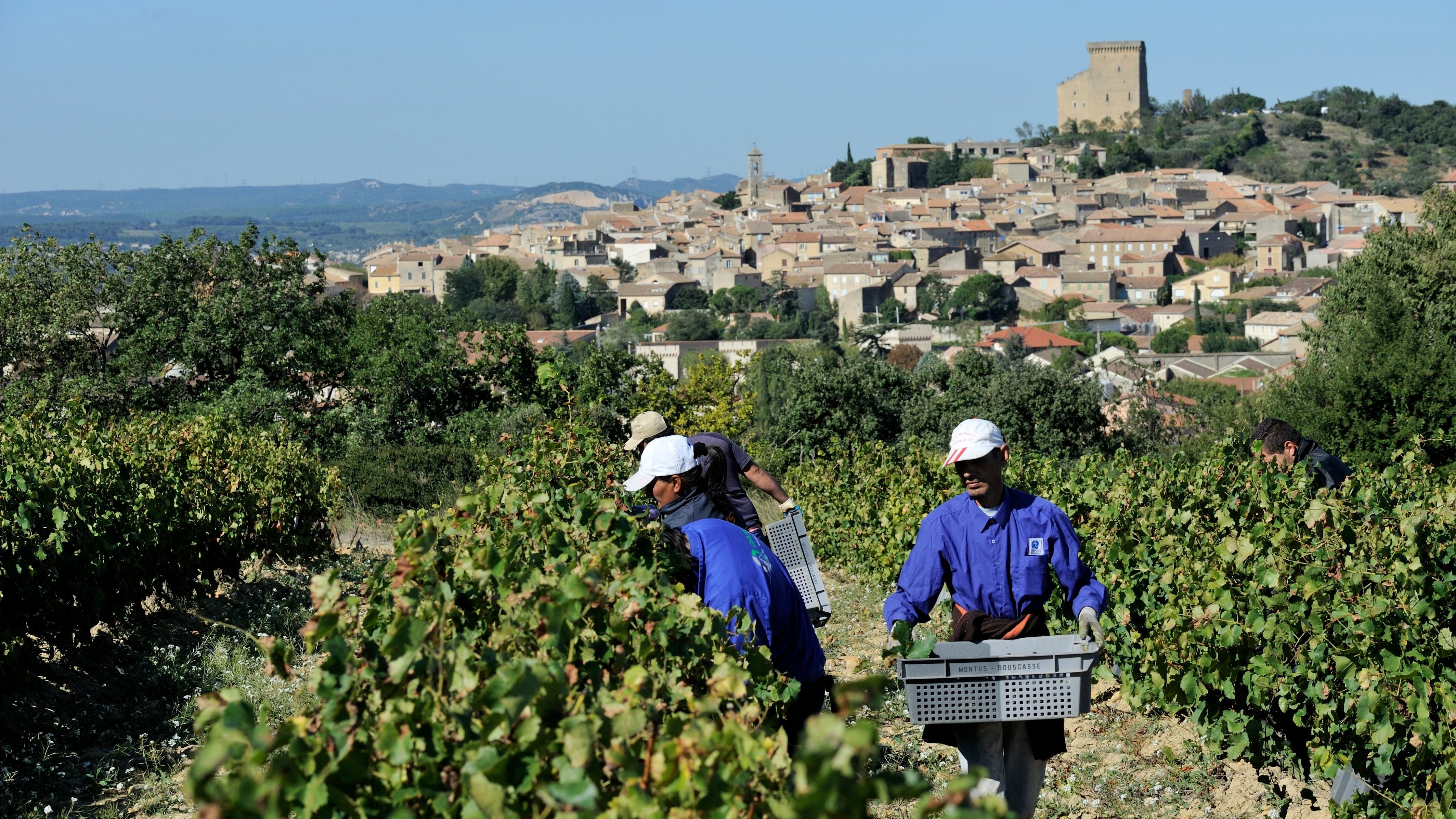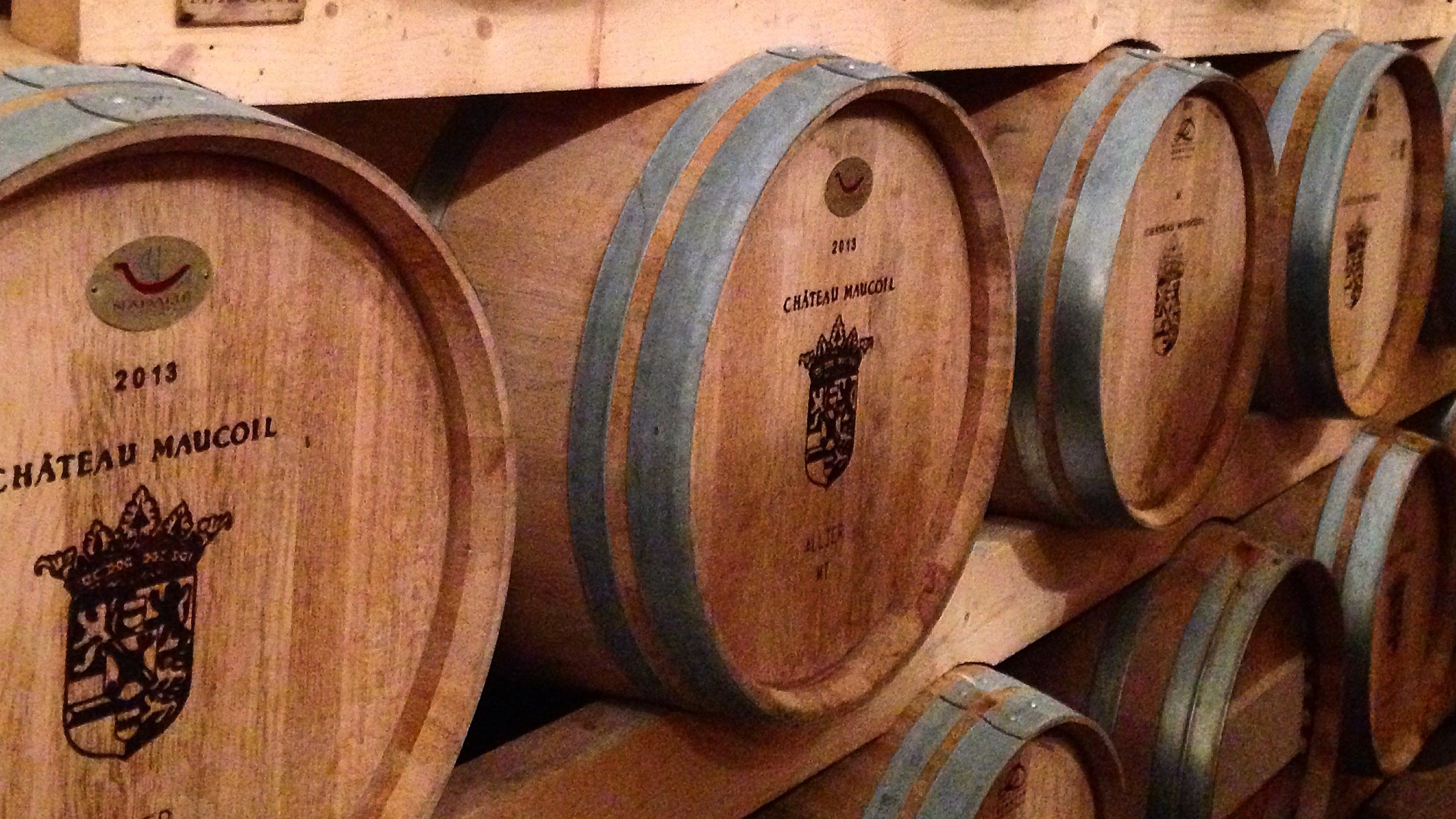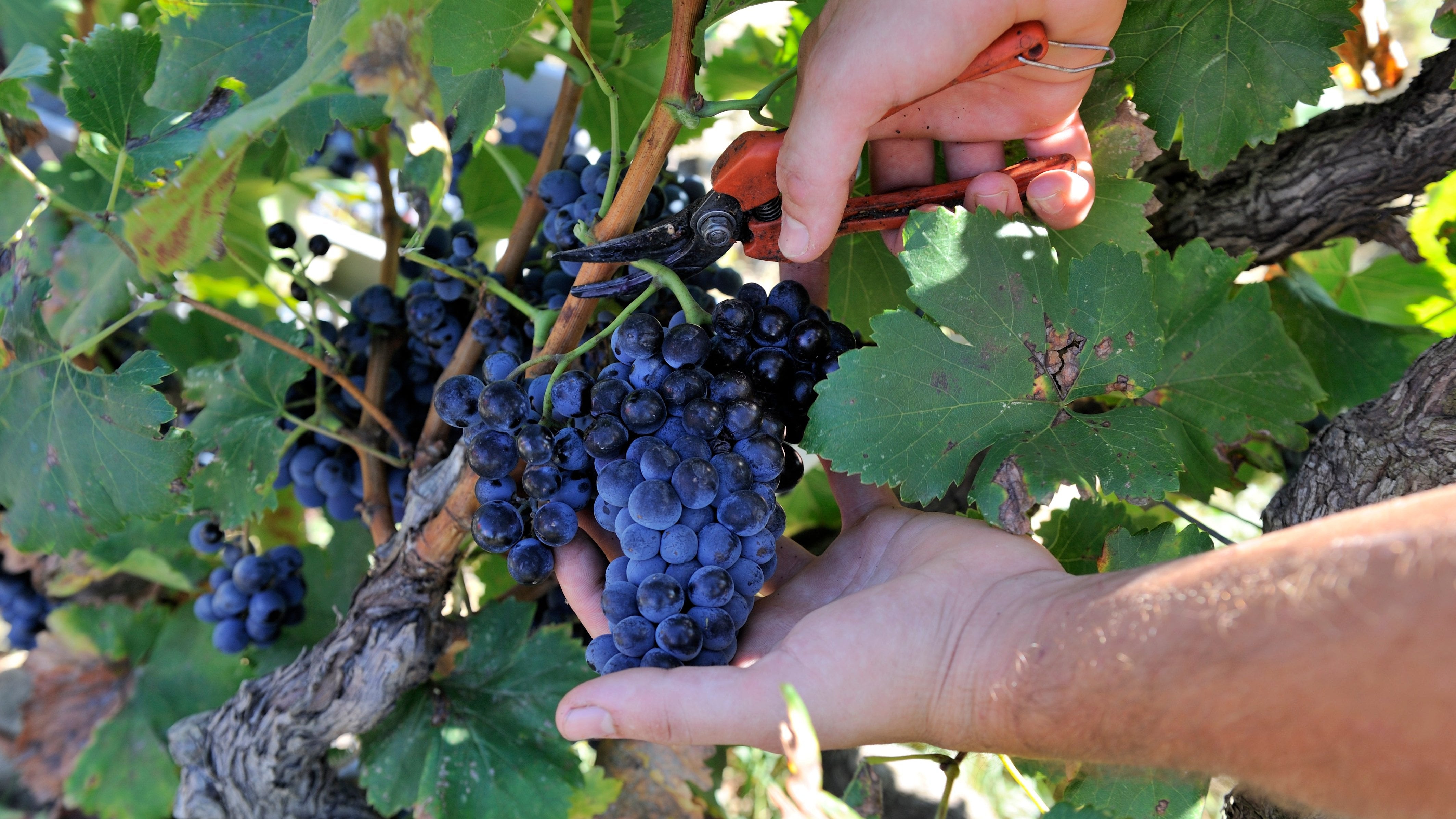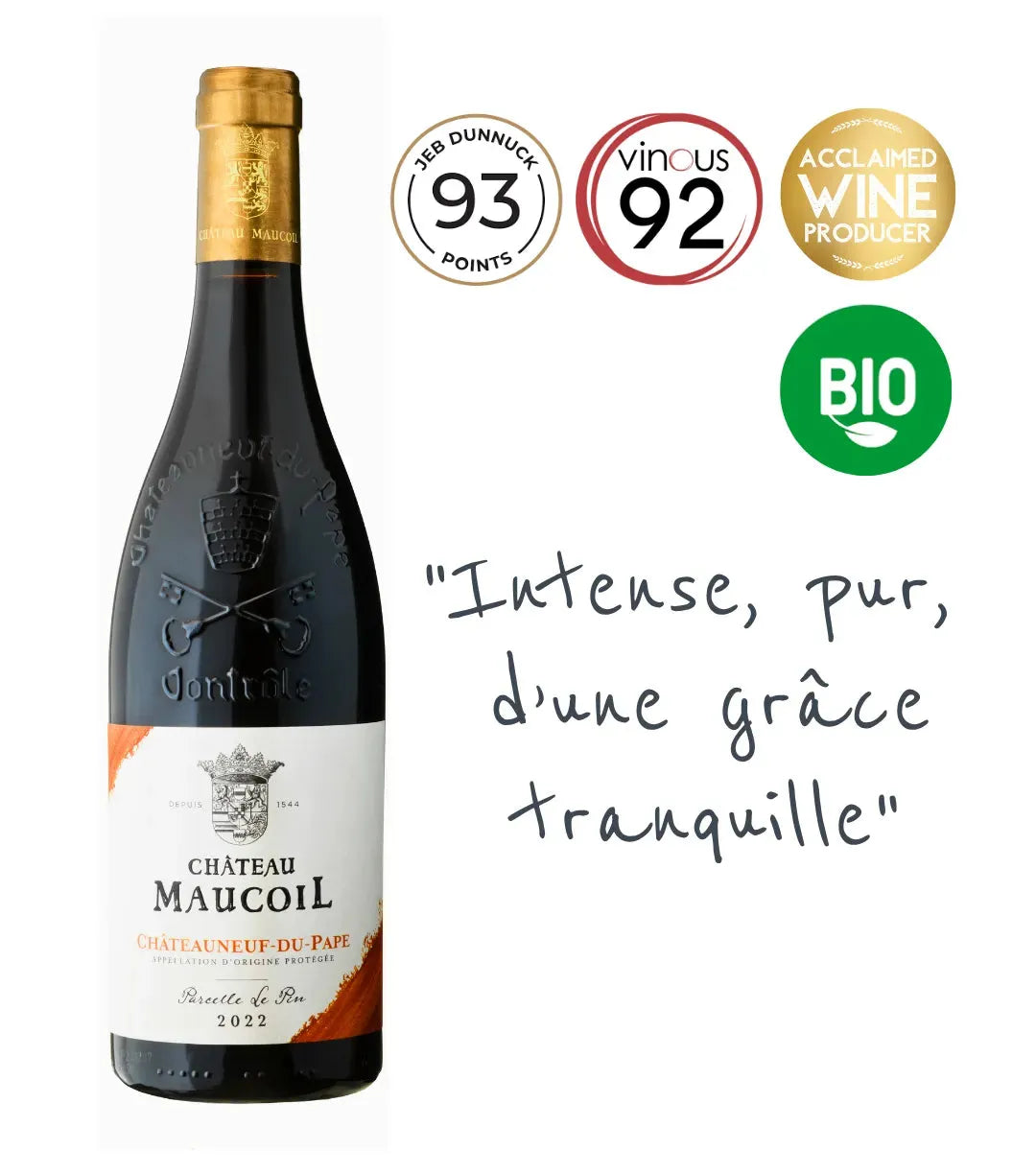
History of Château Maucoil
Located in the heart of the Châteauneuf-du-Pape appellation, Château Maucoil is a vineyard with a rich history spanning centuries. Its origins date back to Roman times when Roman legions planted the first vineyards in this land, which is well-suited for viticulture. The unique soil of the Rhône Valley, known for its fertility, made Château Maucoil a viticultural symbol of the region, enduring through the ages while preserving this heritage.
The estate was acquired in 1624 by the Maucoil family, who enhanced the reputation and quality of its wines. From the 17th century onward, several winemaking families succeeded each other at the helm of the estate, notably in the 20th century, when the Goguet de la Salmonière and Quiot families contributed to its prosperity. In 1995, the Arnaud family took over the Château, followed in 2022 by the Duseigneur estate, specializing in biodynamics. Today, Château Maucoil combines tradition and innovation while prioritizing sustainable agricultural practices.
Size, Terroir, and Grape Varieties
The estate spans 25 hectares of A.O.C. Châteauneuf-du-Pape and 18 hectares of A.O.C. Côtes du Rhône Villages, located across the communes of Châteauneuf-du-Pape, Orange, and Sorgues in Vaucluse. Château Maucoil is renowned for its diverse terroirs and rich viticultural heritage, notably due to its preservation of the 13 grape varieties of Châteauneuf-du-Pape: Grenache, Syrah, Mourvèdre, Picpoul, Roussanne, Clairette, Bourboulenc, Muscardin, Picardan, Counoise, Cinsault, Terret noir, and Vaccarèse. It is one of the few estates in Châteauneuf-du-Pape to have retained all 13 grape varieties.
The terroir of Maucoil is characterized by its rolled pebbles, which come from the former riverbed of the Rhône. These pebbles play a crucial role in grape maturation by absorbing daytime heat and releasing it at night, ensuring a slow and uniform ripening of the berries. Additionally, the estate benefits from red clay soil that is favorable for vine cultivation, providing aromatic richness and a unique structure to the wines while preserving their freshness.
The estate's vineyards grow on three different types
of soil: red clay that allows deep root penetration, limestone rocks to the west, and sandy soils on the eastern slopes formed by the Rhône's retreat. This diversity of soils, combined with the cultivation of the 13 grape varieties, enables Château Maucoil to produce complex and balanced wines, either by playing on different grape combinations or by using single varieties for certain cuvées.
The estate's old vines, some of which are several decades old, contribute greater concentration to the wines. Their roots, deeply anchored in the soil, fully capture the minerality and richness of the Châteauneuf-du-Pape terroir, resulting in very profound wines.
Winemaker and Approach in the Vineyards and Winery
Since 2014, Château Maucoil has been certified organic. This certification marked a turning point in the management of the estate, with practices that limit chemical products and favor natural methods.
In 2022, the arrival of Domaine Duseigneur reinforced this commitment by adopting biodynamics, a method that goes beyond organic farming by considering natural and lunar cycles while enhancing soil health. Every action in the vineyards aims to maintain this balance, with manual harvesting and minimal winemaking. Natural yeasts are used for fermentation to better reflect the terroir, and the wines are aged in a way that preserves their freshness and complex aromas.
Appellations and Styles of Wines
Château Maucoil primarily produces wines under the Châteauneuf-du-Pape appellation, both red and white, as well as under the Côtes
du Rhône Villages and Côtes du Rhône appellations. Each appellation reflects the richness of the estate's soils and yields wines with unique character.
The red wines of Châteauneuf-du-Pape, among the most well-known, are distinguished by their rich aromas, blending ripe red fruits, spices, and notes of garrigue. These wines, both powerful and elegant, have well-balanced tannins and age beautifully.
The white wines, rarer but equally remarkable, offer floral aromas, citrus notes, and a beautiful minerality. Grape varieties like Clairette and Roussanne contribute freshness, finesse, and pleasant roundness on the palate.
The wines from the Côtes du Rhône Villages appellation, sourced from clayey and stony soils, are more affordable than the Châteauneuf-du-Pape wines while remaining highly expressive, with notes of black fruits, spices, and a lovely freshness.
Today, Château Maucoil among French wines embodies the perfect balance between tradition and innovation, producing authentic wines that fully express the diversity of its soils.
Discover our complete selection of wine, champagne, and spirits producers, sourced from the finest terroirs around the world.



Côtes du Rhône Village AOC Rhône, France

Châteauneuf-du-Pape AOC Rhône, France









